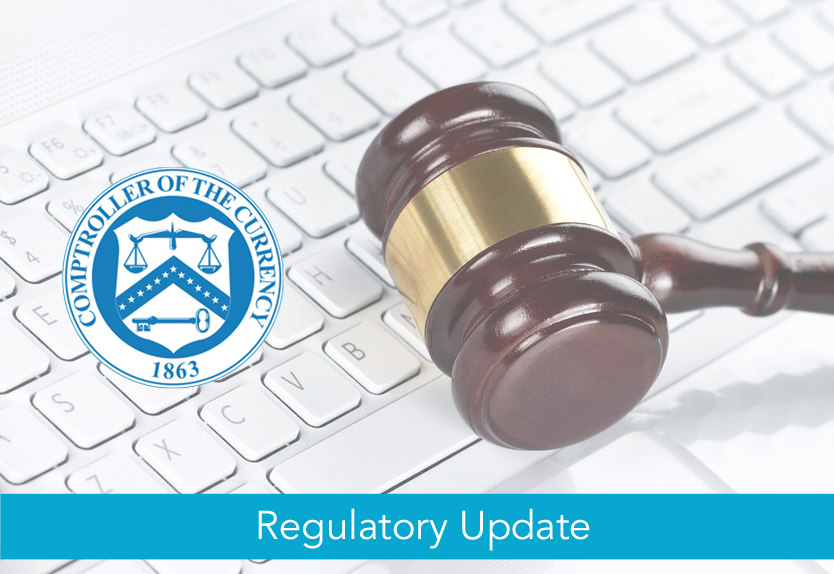
WASHINGTON — The Office of the Comptroller of the Currency (OCC) today issued a bulletin providing guidance to spur community revitalization through prudent higher-loan-to-value mortgage lending in targeted areas.
The bulletin interprets existing regulations and sets out principles for managing risks associated with the origination of certain residential mortgage loans where the loan-to-value ratio at origination exceeds 100 percent.
The OCC recognizes the concern that depressed housing values in certain distressed communities in the United States may inhibit mortgage lending and slow recovery in these communities. Banks can support revitalization efforts by offering mortgage products for owner-occupied residential properties in communities targeted by governmental entities for revitalization.
“Banks and thrifts play a critical role in keeping communities vibrant and helping struggling communities recover,” said Acting Comptroller of the Currency Keith A. Noreika. “Higher-LTV lending programs in communities targeted for revitalization can promote more healthy communities in a manner consistent with safe and sound lending practices.”
This bulletin applies to national banks and federal savings associations that establish programs for originating owner-occupied residential mortgage loans with loan-to-value ratios that exceed 100 percent at origination in communities targeted for revitalization. The bulletin sets out parameters for program loans and eligible communities. The bulletin describes provisions that should be included in bank policies and procedures related to loan portfolio management, underwriting, consumer notices, and other relevant matters. The bulletin also provides guidance concerning the OCC’s consideration of programs that fall outside of the scope of this policy that are consistent with safe and sound lending practices, promote fair access to credit and fair treatment of borrowers, and comply with all applicable laws.
The bulletin also describes OCC supervisory considerations for these programs administered national banks and federal savings associations. In addition, at least annually the OCC will evaluate the extent to which banks’ and federal savings associations’ programs are collectively contributing to community revitalization efforts. The OCC’s evaluation will consider, among other matters, whether the programs adequately control the various risks, the general performance of loans, and the effect such lending has had on the housing market and other economic indicators for communities targeted by the programs.